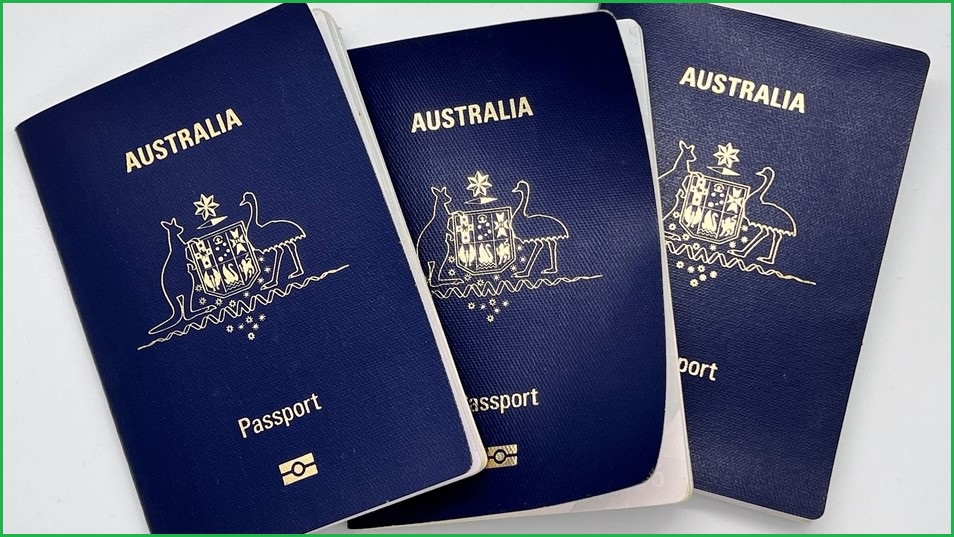A 31-year-old Melbourne man has been sentenced to two years in jail for cyber-enabled identity theft offences following a global crackdown on a website selling scam spoofing software.
The man, from Boronia in Melbourne’s east, was convicted in the Melbourne County Court of charges relating to the use of stolen or fake identity documents used to set up cryptocurrency accounts.
The charges relate to an international investigation into a website hosted in the Netherlands selling spoofing services for as little as $38 (20 pounds).
The site, iSpoof, allowed buyers to make fake calls appear as if they were coming from legitimate banks or other services, and could even generate one-off PINs to make it seem more legitimate.
The site was identified by police in the Netherlands in 2021 and its London-based operator was arrested in November 2022.
The Metropolitan Police notified the Australian Federal Police (AFP) about a number of Australians connected with the fraud website.
According to the AFP, Australians lost more than $1 million to scams produced through the iSpoof website.
The Melbourne man in question was identified following a report from a NSW-based victim of identity theft, who said a bank account had been created for them without their consent.
The AFP then found the man had used a fraudulent driver licence that had the names and details of victims alongside his photo, to launch accounts with two online cryptocurrency platforms.
Following this, the AFP executed search warrants at the man’s home in Boronia in late 2022, leading them to discover a range of items, including blank Victorian driver licences, fake NSW driver licences, Chinese and Australian passports which had been reported lost, Medicare card details, cryptocurrency exchange cards, and debit cards in the names of other people.
The man refused to provide AFP officers with access codes for his mobile phone, laptop and tablet, but they were able to access an “encrypted messaging platform” that was “open on his computer” and include conversations related to identity-based crime, the AFP said.
The Melbourne man’s computer also included instruction manuals on how to create false identity documents, the AFP said.
Last week he was convicted of a number of charges, including providing false or misleading information, dealing with money or other property reasonably suspected of being proceeds of crime worth less than $100,000 and possessing false documents.
He was handed a two-year sentence with a non-parole period of 10 months.
The impact of identity theft
AFP Detective Superintendent Tim Stainton said that identity theft was a serious crime with a significant impact on victims.
“The theft of someone’s identity can have serious implications for victims and is a serious criminal offence punishable by significant time in prison,” Stainton said.
“A stolen identity and the use of associated fraudulent documentation can have a devastating impact on people’s lives if sold online or used for criminal purposes.”
There have been recent arrests and charges made against others accused of committing cyber crime in Australia.
In March, a Sydney IT contractor was jailed for defrauding the Australian National Maritime Museum of about $66,000. He was sentenced to two and a half years in jail for cyber fraud after being found guilty of using his access to the museum’s systems to change accounts payable system information.
In April, five Australians were arrested as part of a worldwide sting that brought down a cybercrime platform that billed itself as a “one-stop-shop” for phishing.










